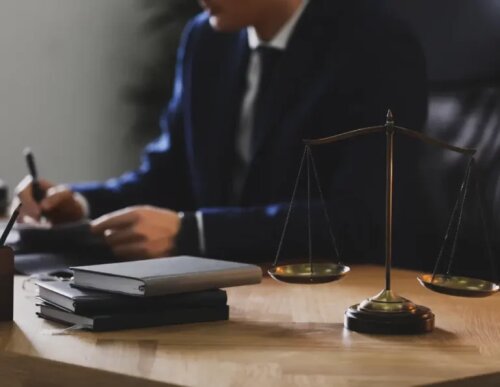Best Collaborative Law Lawyers in Charlotte
Share your needs with us, get contacted by law firms.
Free. Takes 2 min.
Free Guide to Hiring a Family Lawyer
List of the best lawyers in Charlotte, United States
About Collaborative Law in Charlotte, United States:
Collaborative Law is a method of dispute resolution where both parties work together with their attorneys to resolve issues outside of court. In Charlotte, United States, Collaborative Law is a popular choice for those seeking a more amicable and efficient way to resolve legal matters such as divorce, child custody, and other family law issues.
Why You May Need a Lawyer:
You may need a lawyer in Collaborative Law to ensure that your legal rights are protected, to help you navigate complex legal processes, and to advocate for your best interests during negotiations. A lawyer can also provide valuable legal advice and guidance throughout the Collaborative Law process.
Local Laws Overview:
In Charlotte, United States, Collaborative Law follows specific guidelines outlined in state and local laws. It is important to familiarize yourself with these laws to ensure that your Collaborative Law agreement is legally binding and enforceable.
Frequently Asked Questions:
What is the difference between Collaborative Law and traditional litigation?
Collaborative Law focuses on cooperation and negotiation outside of court, while traditional litigation involves a formal legal process in court.
How long does the Collaborative Law process typically take?
The length of the Collaborative Law process can vary depending on the complexity of the issues involved, but it is generally faster than traditional litigation.
Is Collaborative Law confidential?
Yes, Collaborative Law discussions are confidential and cannot be used as evidence in court proceedings.
Can I still go to court if the Collaborative Law process is unsuccessful?
If the Collaborative Law process is unsuccessful, both parties will need to hire new attorneys if they choose to pursue litigation in court.
Are lawyers required in Collaborative Law?
Having a lawyer is strongly recommended in Collaborative Law to ensure that your legal rights are protected and that you receive sound legal advice throughout the process.
What are the benefits of Collaborative Law?
Collaborative Law offers a more amicable and efficient way to resolve legal disputes, allows for more control over the outcome, and can be less costly than traditional litigation.
How do I find a Collaborative Law attorney in Charlotte?
You can search for Collaborative Law attorneys in Charlotte through online directories, legal referral services, or by asking for recommendations from friends and family.
What happens during a Collaborative Law session?
During a Collaborative Law session, both parties and their attorneys will meet to discuss issues, negotiate agreements, and work towards a mutually acceptable resolution.
Can children be involved in the Collaborative Law process?
Children can be involved in the Collaborative Law process through child specialists or other professionals who can provide input on their needs and preferences.
How much does Collaborative Law cost?
The cost of Collaborative Law can vary depending on the complexity of the issues involved, the number of sessions required, and the fees charged by attorneys and other professionals involved in the process.
Additional Resources:
For more information on Collaborative Law in Charlotte, United States, you can visit the North Carolina Collaborative Practice Group website or contact the Mecklenburg County Bar Association for referrals to Collaborative Law attorneys in the area.
Next Steps:
If you are in need of legal assistance in Collaborative Law in Charlotte, United States, it is important to schedule a consultation with a qualified Collaborative Law attorney to discuss your specific needs and circumstances.
Lawzana helps you find the best lawyers and law firms in Charlotte through a curated and pre-screened list of qualified legal professionals. Our platform offers rankings and detailed profiles of attorneys and law firms, allowing you to compare based on practice areas, including Collaborative Law, experience, and client feedback.
Each profile includes a description of the firm's areas of practice, client reviews, team members and partners, year of establishment, spoken languages, office locations, contact information, social media presence, and any published articles or resources. Most firms on our platform speak English and are experienced in both local and international legal matters.
Get a quote from top-rated law firms in Charlotte, United States — quickly, securely, and without unnecessary hassle.
Disclaimer:
The information provided on this page is for general informational purposes only and does not constitute legal advice. While we strive to ensure the accuracy and relevance of the content, legal information may change over time, and interpretations of the law can vary. You should always consult with a qualified legal professional for advice specific to your situation.
We disclaim all liability for actions taken or not taken based on the content of this page. If you believe any information is incorrect or outdated, please contact us, and we will review and update it where appropriate.









